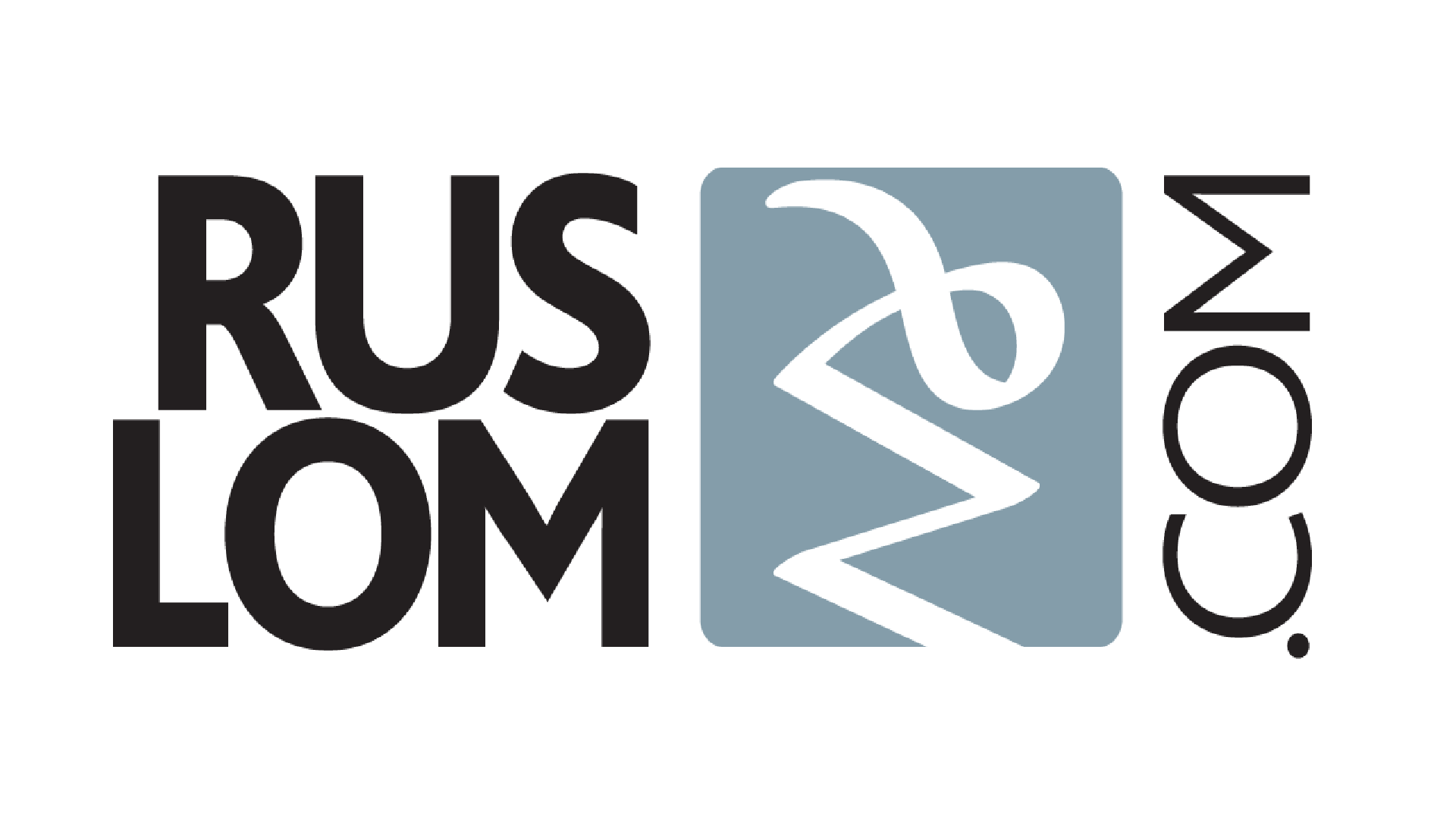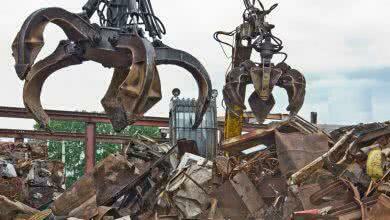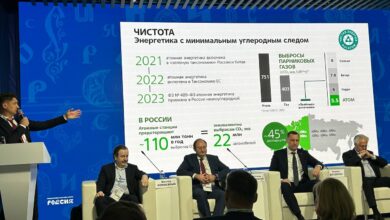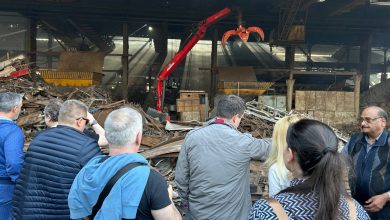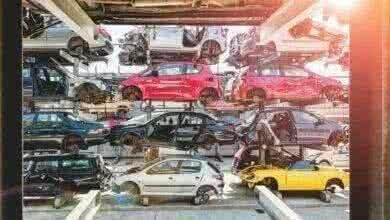The speaker noted that the scrap business is an infrastructural driver for the involvement of other types of secondary materials in recycling, because the financial turnover of the industry exceeds 3 trillion rubles, and the number of licensees is more than 10 thousand.
On their federal network, the scrap metal players collect not only scrap metal, but also rubber, plastic, electronic waste and waste paper.
Leaders in such business diversification are the members of RUSLOM.COM.
However, scrap collection fell in 2022 by 30%, which led to a decrease in the collection of other fractions, and led to a freeze of investment in the development of scrap handling businesses.
According to the speaker, it is crucial to speed up the adoption of legislative initiatives introduced by the industry community to reform the personal income tax on collecting scrap by individuals, cash settlements to individuals for scrap, to increase liability for working without a license and illegal circulation of scrap.
And also, to minimise the administrative pressure on businesses and restrictive measures for both the domestic market and for exporting scrap metal.
